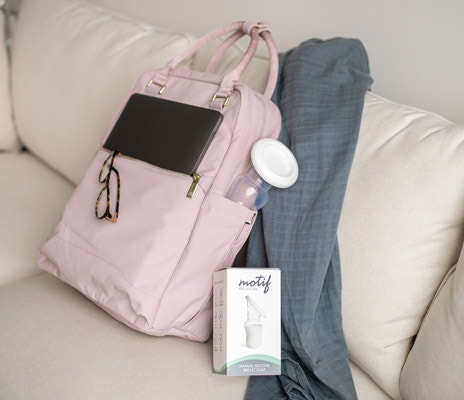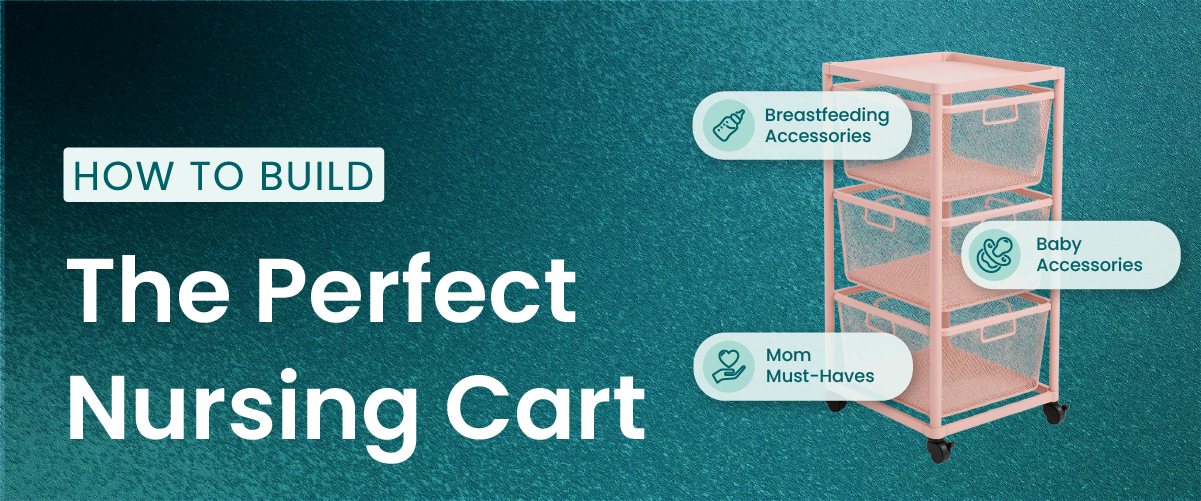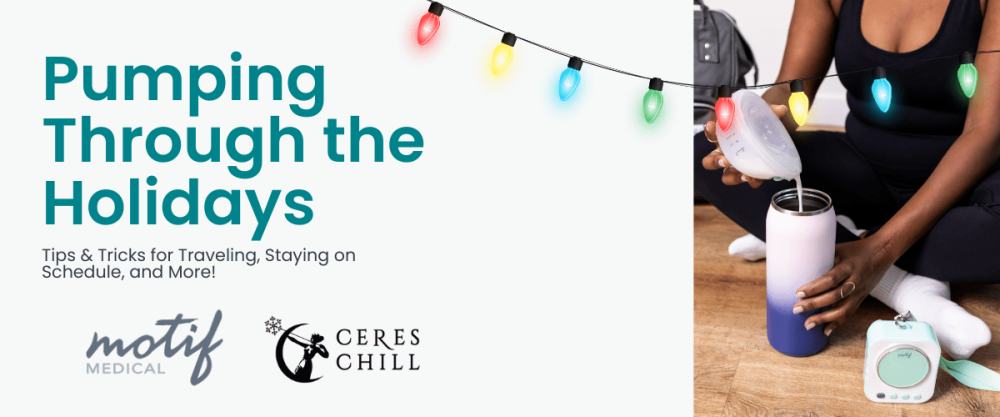Your Birth Plan: Breastfeeding
If you've gotten to the part of your pregnancy when you're starting to put together your birth plan, then you know there is certainly a lot to consider! If you're planning to breastfeed your baby, it certainly needs to be included on your birth plan. The first couple of hours after birth have an enormous impact on establishing good breastfeeding habits, as well as creating an adequate milk supply.
Babies are born with instincts and reflexes that help them initiate breastfeeding and a delay in letting them use these natural abilities can dampen their effectiveness. For these reasons you'll want to address the following topics in your birth plan:
Skin to skin
Spending the first hours skin to skin is important for both mom and baby. Moms report less stress and greater breastfeeding satisfaction when they’re able to keep baby on their chest with no clothes or blankets in between them. Babies who are placed directly on their mother's skin immediately after delivery are more likely to effectively nurse the first time, have better cardio-respiratory stability, more stable blood glucose levels, and increased breastfeeding success even up to 4 months postpartum.¹
If you're unable to provide your baby with skin to skin care immediately after delivery, having your baby placed skin to skin with your partner is a good alternative.
Measurements + Medications
The first hour after birth is often called, “the golden hour” and the reason for that is because it is a special bonding time between you and your baby that can't be replaced. Your baby needs this time with you to make the most of their feeding instincts.
 There are 9 distinct stages your baby will go through as they are figuring out breastfeeding and the only place these stages can happen is on your chest so baby can get positive feedback for their efforts. When baby is with a nurse to be weighed and measured, they do not get this necessary feedback, which can impair future breastfeeding efforts from the baby. Unless it is medically necessary, you may want to ask that all measurements and medications be delayed until after baby has had their first feeding. The uninterrupted time with you will allow you and baby to get the most out of this golden hour and establishing breastfeeding within the first hour is associated with better milk supply and more effective breastfeeding.
There are 9 distinct stages your baby will go through as they are figuring out breastfeeding and the only place these stages can happen is on your chest so baby can get positive feedback for their efforts. When baby is with a nurse to be weighed and measured, they do not get this necessary feedback, which can impair future breastfeeding efforts from the baby. Unless it is medically necessary, you may want to ask that all measurements and medications be delayed until after baby has had their first feeding. The uninterrupted time with you will allow you and baby to get the most out of this golden hour and establishing breastfeeding within the first hour is associated with better milk supply and more effective breastfeeding. 
Hand Expression and Pumping
If your baby needs to be separated from you, you’ll still need to work on establishing an adequate milk supply and hand expression is usually the most effective way to remove colostrum in the first 24 hours. After the first day, you can start incorporating a pump. Aim for 8 to 12 sessions a day. If you are giving birth in the hospital, you can request a hospital grade pump to use while you are there and most hospitals have a lactation consultant on staff who can help you figure out hand expression and how to use a pump.
Rooming In
Babies transition best to life outside the womb when they are with their parents. You can request that your baby not leave your room and that all exams and procedures be done with your baby with you, ideally on your chest!²
Supplements + Pacifiers
Bottle feeding and using a pacifier for comfort can create unnecessary breastfeeding issues, so it's important for you to make an informed decision about this before giving them to your baby. Ask your provider to get your permission before giving any supplements or pacifiers to your baby. Hand expressed colostrum or formula can be fed to baby with cup feeding, syringe feeding, or with a supplemental nursing system without impacting breastfeeding, as bottles tends to do.
Support System
Although breastfeeding is a normal and natural thing, that doesn't mean it's always easy or that it doesn't require effort to make it work. It’s a good idea to have a support system in place before your baby is born, so you'll know who to call if troubles arise. Let your provider know if you need referrals to a qualified lactation consultant or other breastfeeding support in your area.
As part of your birth plan, have a list of support people that you want to use in the event that you need help getting started with breastfeeding. Studies have shown that meeting with a lactation consultant or breastfeeding counselor improves breastfeeding rates and the rates of exclusive breastfeeding, so don't hesitate to make the most of these resources.³

A birth plan can be a really useful tool in helping make sure your healthcare providers know what your preferences are concerning the delivery of your baby. Motif Medical has put together a wonderful birth plan template and checklist that can walk you through many of the options to consider, but no matter how you put your plan together, make sure you include information about how you plan to feed your baby!
Resources
- Moore ER, Bergman N, Anderson GC, Medley N. Early skin-to-skin contact for mothers and their healthy newborn infants. Cochrane Database Syst Rev. 2016;11(11):CD003519. Published 2016 Nov 25. doi:10.1002/14651858.CD003519.pub4
- Larry Gray, Lisa W. Miller, Barbara L. Philipp and Elliott M. Blass. Breastfeeding Is Analgesic in Healthy Newborns. Pediatrics April 2002, 109 (4) 590-593; DOI: https://doi.org/10.1542/peds.109.4.590
- Patel, S., & Patel, S. (2016). The Effectiveness of Lactation Consultants and Lactation Counselors on Breastfeeding Outcomes. Journal of Human Lactation, 32(3), 530–541. doi: https://doi.org/10.1177/0890334415618668








